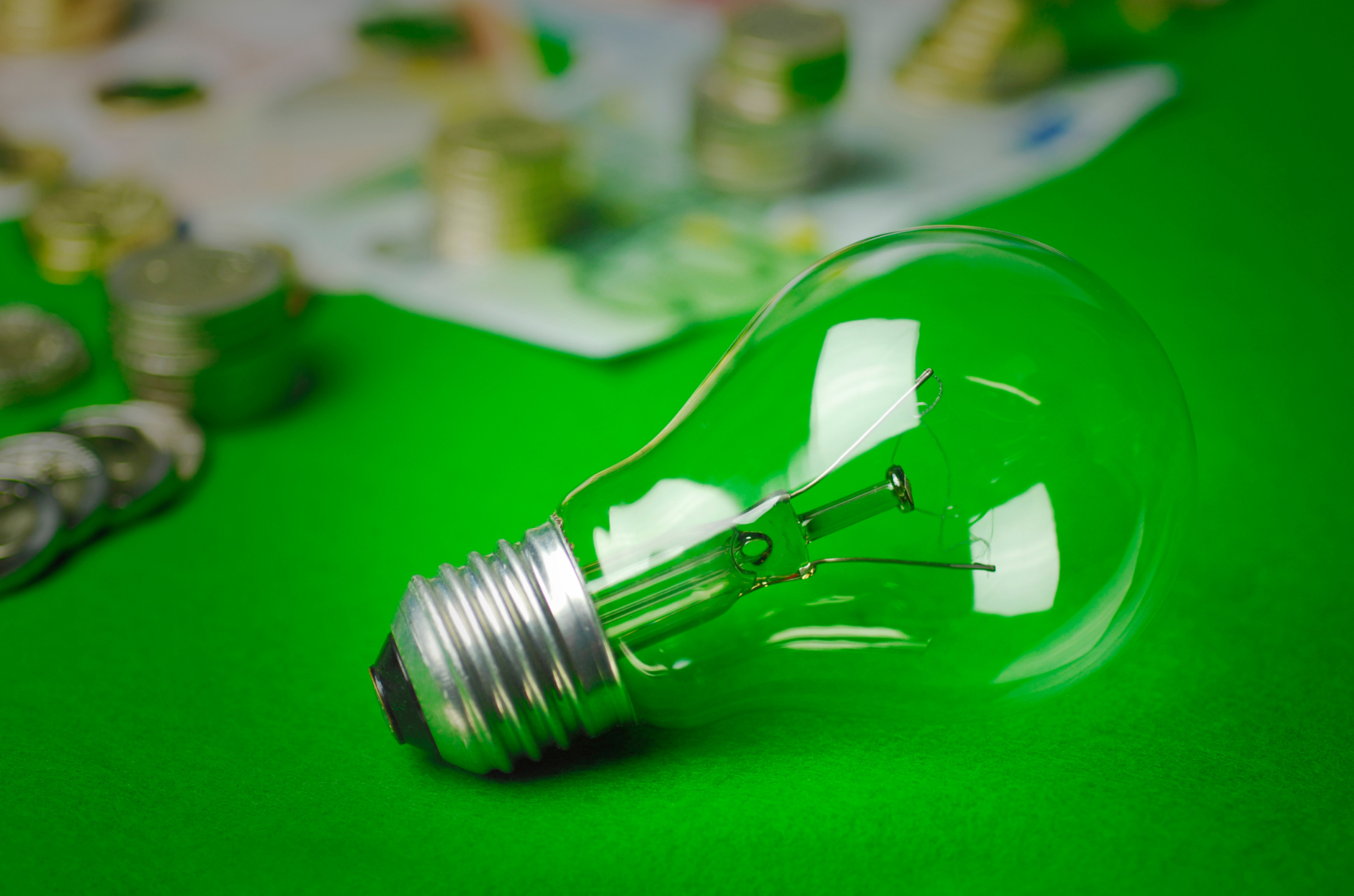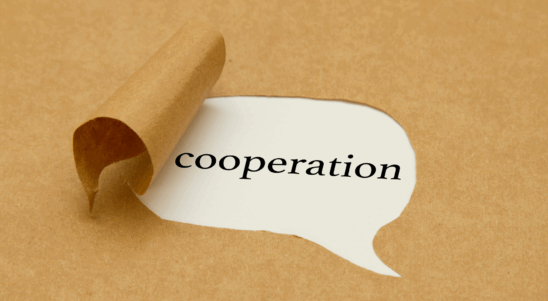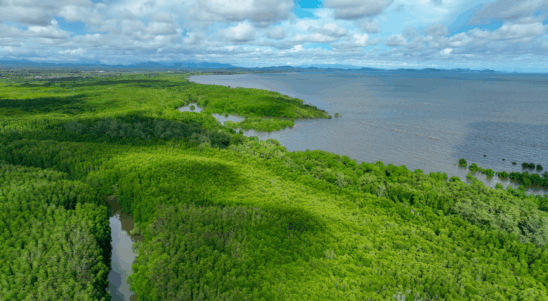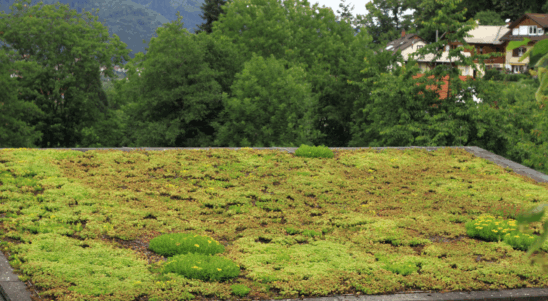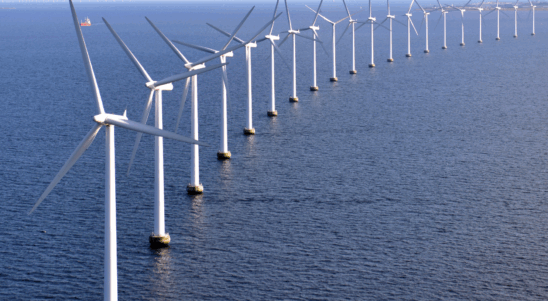Transforming waste into renewable energy to reduce fossil fuel use and boost energy security in the South Baltic area.
Overview: The Watt-a-Waste (WAW) project addresses the urgent need to transition to renewable energy sources in the South Baltic area by integrating waste-based renewable energy technologies into local and regional grids. This initiative focuses on reducing dependency on fossil fuels and achieving energy security and climate neutrality.
Key Objectives: WAW aims to develop and test innovative waste-to-energy conversion methods, producing clean energy from non-recyclable waste. The project seeks to optimise energy recovery while minimising environmental impact, directly contributing to renewable energy goals and reducing carbon emissions.
Main Activities: The project involves pilot installations focused on different aspects of waste-to-energy conversion. These include low-temperature dry reforming for gaseous energy carrier production, pre-treatment methods to enhance conversion efficiency, and plasma-based technologies for maximising energy yield. Each pilot assesses the scalability, integration with local energy systems, and creation of decentralised waste-to-energy hubs.
Impact: WAW demonstrates the feasibility of integrating waste-derived energy solutions into local energy grids, supporting regional energy resilience and providing alternative renewable energy carriers. By developing best practices and technical guidelines, the project facilitates the adoption of these technologies across the South Baltic area, promoting cross-border cooperation in energy innovation.

